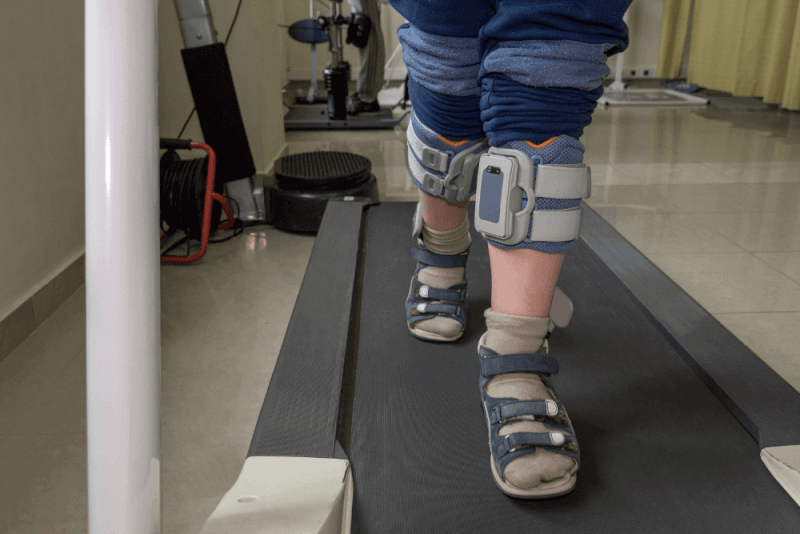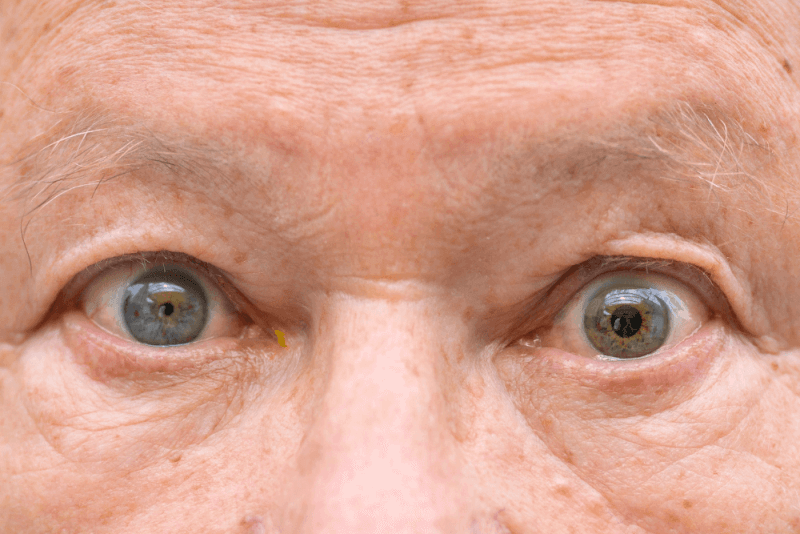What is Pick's Disease?
Pick's disease is a type of dementia that affects the frontal and temporal lobes of the brain, typically progressing slowly between the ages of 40 and 60. Pick's disease is an irreversible and rare neurodegenerative disorder. The affected nerve cells in the brain gradually stop functioning. Brain cells that cannot perform their tasks eventually deteriorate, and brain cells do not have the ability to regenerate or repair themselves.
Diagnosis of Pick's Disease
There is no specific diagnostic test for Pick's disease, but it is diagnosed through evaluations along with medical history. During the examination, special tests are conducted to check for behavioral, memory, or other mental conditions. Laboratory tests may be used to evaluate genetic factors that may cause Pick's disease.
Some imaging methods are also used in the diagnosis of Pick's disease;
- Electroencephalogram (EEG)
- Magnetic Resonance Imaging (MRI)
- Computed Tomography (CT)
- Lumbar Puncture
- Cerebrospinal Fluid Tests
- Positron Emission Tomography (PET)
Symptoms of Pick's Disease
As Pick's disease progresses slowly, symptoms do not appear suddenly and worsen over time. Symptoms vary as behavioral changes, speech changes, and problems in the nervous system.
Behavioral Changes:
- Sudden mood changes
- Irritability or nervousness
- Inappropriate speech and behaviors
- Making sudden decisions
- Difficulty in concentrating
- Lack of empathy
- Not participating in daily activities
- Repetitive behaviors
- Struggling with social interactions
- Neglecting personal hygiene
- Excessive fondness for unhealthy snacks
Changes in Speech:
- Difficulty in speaking
- Difficulty in reading and writing
- Difficulty in finding words while speaking
- Making meaningless different sounds
- Difficulty in understanding spoken words
- Constantly repeating what is said to them
Symptoms in the Nervous System:
- Movement restriction
- Memory loss
- Excessive muscle contractions
- Urinary incontinence
- Significant weight loss
- Difficulty in eating
- Sleep disorders
- Clumsiness
- Difficulty in walking
Causes of Pick's Disease
The exact causes of Pick's disease are not known, but it arises from the abnormal accumulation of tau proteins in the nerve cells of the brain. The role of tau proteins is to support the cytoskeleton of nerve cells. However, when tau proteins abnormally multiply, they can cause the death of nerve cells.
Genetic mutations are thought to be effective in the abnormal accumulation of tau proteins. The protein, unable to perform its normal function, can stick together to form different structures. This can lead to the loss of nerve cells, brain tissue shrinkage, and dementia over time.
Treatment of Pick's Disease
There is no definitive treatment for Pick's disease. The treatment processes applied aim to slow the progression of the disease and reduce the symptoms that arise. Certain treatments are applied to allow the patient to maintain a more comfortable life. Supportive treatments such as medication therapy, speech therapy, and physiotherapy are applied to improve the quality of life.








